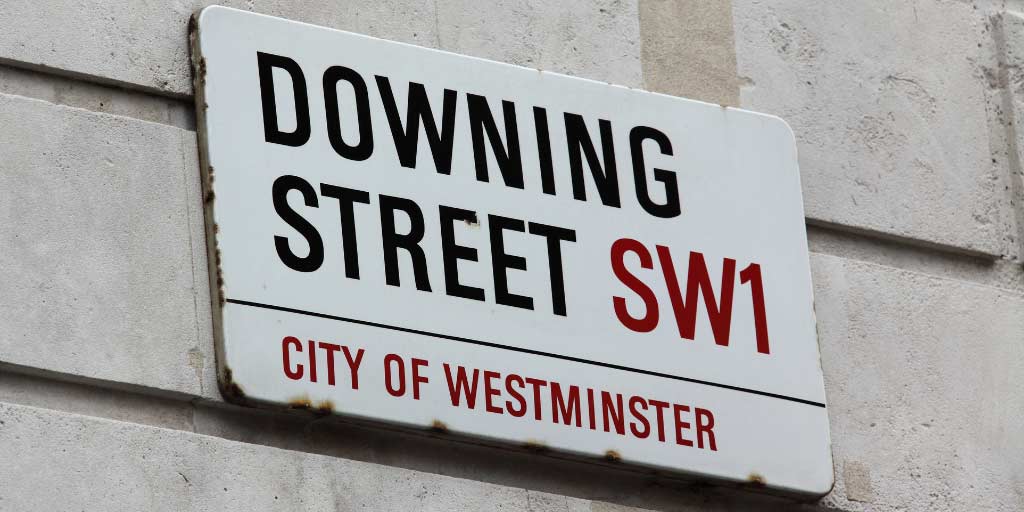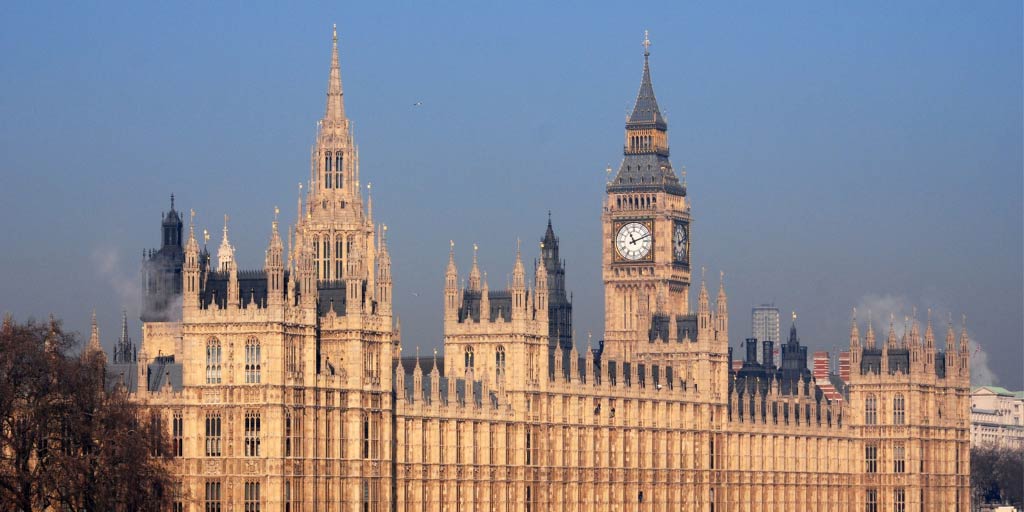This information should not be interpreted as financial, tax or legal advice. Mortgage and loan rates are subject to change.

Categories: prs | renters reform bill
On the 5th of September 2022, it was declared that Liz Truss will take over from Boris Johnson as the new Prime Minister. Truss has already announced her intentions to introduce new measures in the private rented sector, but will this benefit landlords or tenants?
One of the proposals made was the intention to allow tenants to share their rental payment records with Credit Reference Agencies (CRAs) in the UK.
The idea, first introduced to parliament back in 2019 would work by sharing their banks' transactional data via Open Banking. Displaying a tenant’s rental payment records would allow landlords and letting agents to vet prospective tenants more easily, by reviewing their rent payment history.
This change could also benefit tenants, as displaying a solid payment streak could improve their credit score, making future credit applications easier.
Several providers already offer this service, such as Credit Ladder and Canopy. Currently, some CRAs charge these companies to report rental payments, the cost of which may be passed onto customers using their service.
It is expected that CRAs will require compelling or incentivising to make recording rental payments as standard as mortgage payments, though nothing more has been said on this so far.
Chris Hutchinson, CEO of Canopy says:
“Rent makes up over 30% of the average renters outgoings and given that the majority pay their rent in full and on time each month, it’s unfair that this doesn’t get taken into account when they are looking to secure a mortgage,
“Renters are currently able to take advantage of credit building services such as Canopy’s, that track their rental payments and inform the credit bureaus in order to build credit over time, however we are hugely in favour of this becoming policy so more renters can benefit.”
Truss’ priorities
Liz Truss’ first priority as Prime Minister has been to address the current cost of living crisis in the UK and her intentions to support the British public. As interest rates are likely to continue to rise, the Renter’s Reform Bill will likely move up the priority list to help tackle the issue.
Representatives from the Department of Levelling Up, Housing and Communities have already confirmed that the bill will be ‘put into legislation as soon as possible’, contradicting suggestions that changes in the government could delay the implementation.
Aside from promising a ‘change of approach’ when it comes to the Private Rental Sector, Truss has been relatively tight-lipped on the subject. It is expected that her stance of wanting to simplify regulations could mean that some of the proposals laid out in the Fairer Renting White Paper might be diluted or scrapped altogether.
Truss has previously spoken about her views on the unfair treatment of landlords and her wishes to keep them in the industry, though her votes against the tenant fees act suggests that she is, in fact on the side of tenants rather than landlords.
Only time will tell whose side she is truly on and how she will use her new powers to affect the private rental sector.





